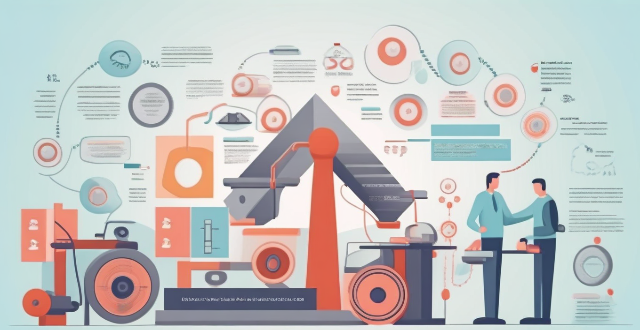This guide explores the decision-making process between DIY iPhone repair and professional services. It outlines the advantages and disadvantages of both approaches, such as cost savings and potential damage risks associated with DIY, versus expertise and warranty protection offered by professionals. The text also provides steps for those choosing a DIY repair, including researching solutions and backing up data. It suggests seeking professional help for complex issues or water damage, emphasizing that the choice should be informed by individual circumstances and needs.

Can I Repair My iPhone Myself or Should I Leave It to the Professionals?
When it comes to repairing an iPhone, there are several factors to consider before deciding whether to attempt a DIY fix or take it to a professional. In this guide, we will explore the pros and cons of both options and help you make an informed decision.
Understanding Your iPhone
Before attempting any repairs on your iPhone, it's essential to understand its components and how they work together. Familiarize yourself with the following:
- Battery: The power source for your iPhone.
- Screen: The display where you interact with your device.
- Camera: The lens and sensor that capture photos and videos.
- Logic Board: The main circuit board that controls all functions of the phone.
- Speaker and Microphone: For audio input and output.
- Buttons: Including volume, power, and home buttons.
Knowing these components can help you identify which part needs repair and determine if it's something you can handle yourself.
Pros and Cons of DIY iPhone Repair
Advantages of DIY Repair
- Cost-Effective: You can save money by purchasing replacement parts and tools instead of paying for professional services.
- Learning Experience: Gain knowledge about your device and potentially learn new skills.
- Customization: Have the freedom to upgrade or modify your iPhone as desired.
Disadvantages of DIY Repair
- Risk of Damage: High risk of causing further damage to your iPhone if not done correctly.
- Voided Warranty: Attempting a repair may void your manufacturer's warranty.
- Time-Consuming: It may take longer than anticipated, especially if you encounter unexpected issues.
Pros and Cons of Professional iPhone Repair
Advantages of Professional Repair
- Expertise: Trained technicians have the necessary skills and experience to diagnose and fix problems efficiently.
- Warranty Protection: Many repair shops offer warranties on their work, providing peace of mind.
- Time-Saving: Professionals can often complete repairs quickly, allowing you to get back to using your iPhone sooner.
Disadvantages of Professional Repair
- Higher Cost: Typically more expensive than doing it yourself due to labor costs.
- Dependency: You rely on someone else's schedule and availability for the repair process.
Steps for DIY iPhone Repair
If you decide to proceed with a DIY repair, follow these steps:
1. Gather Information: Research online forums, videos, and guides specific to your iPhone model and issue.
2. Purchase Tools and Parts: Ensure you have all necessary tools and genuine replacement parts from reputable sources.
3. Backup Data: Before starting any repair, backup your data to prevent loss during the process.
4. Follow Guides Carefully: Use detailed step-by-step guides and take caution when handling sensitive components.
5. Test Functionality: Once completed, test each function of your iPhone to ensure everything is working properly.
When to Seek Professional Help
Consider seeking professional help in the following situations:
- Complex Issues: If faced with complex software or hardware issues beyond your skill level.
- Water Damage: Water damage can cause hidden problems; professionals have specialized equipment to address these concerns.
- Data Recovery: If data recovery is critical, professionals might have better success rates.
In conclusion, deciding whether to repair your iPhone yourself or leave it to professionals depends on various factors such as cost considerations, technical expertise, time constraints, and potential risks involved. Weigh these factors carefully before making a decision that best suits your needs and circumstances.